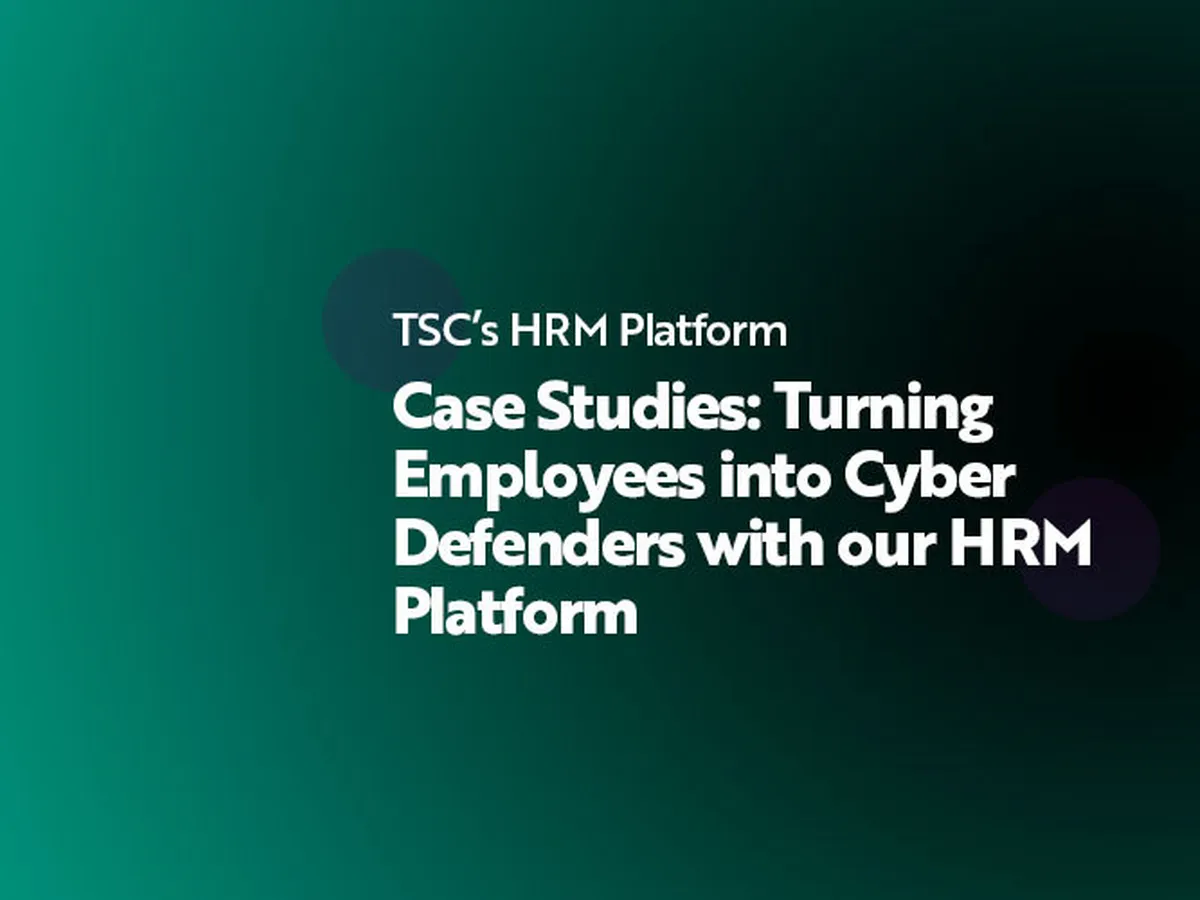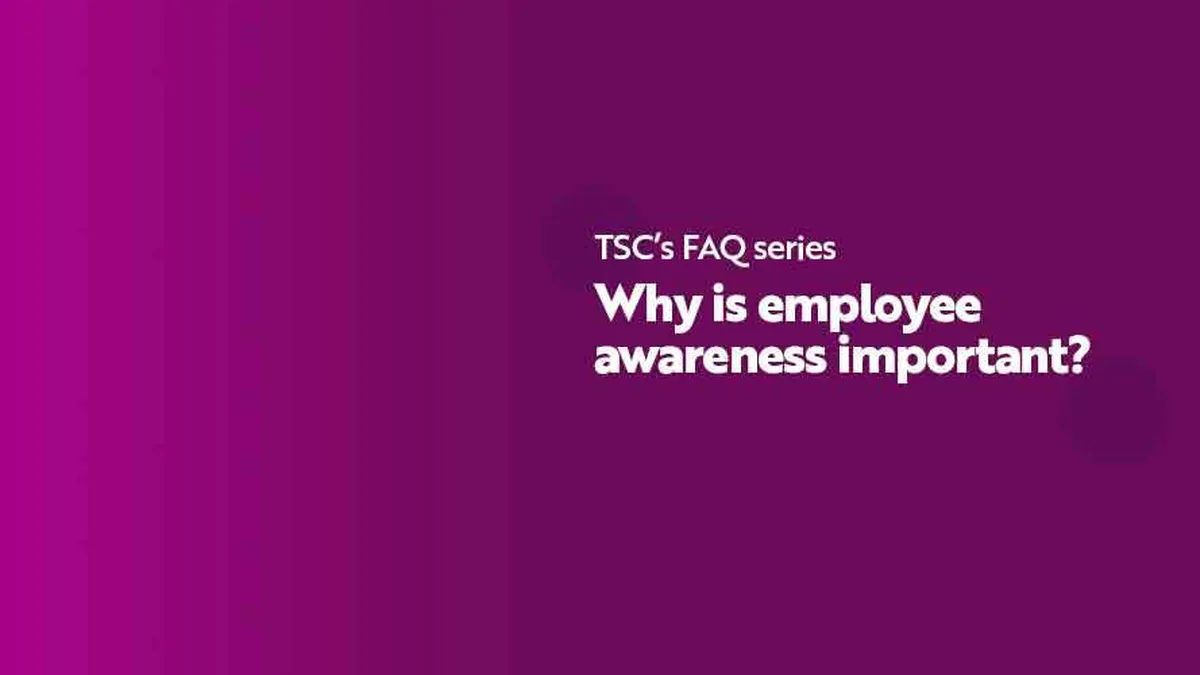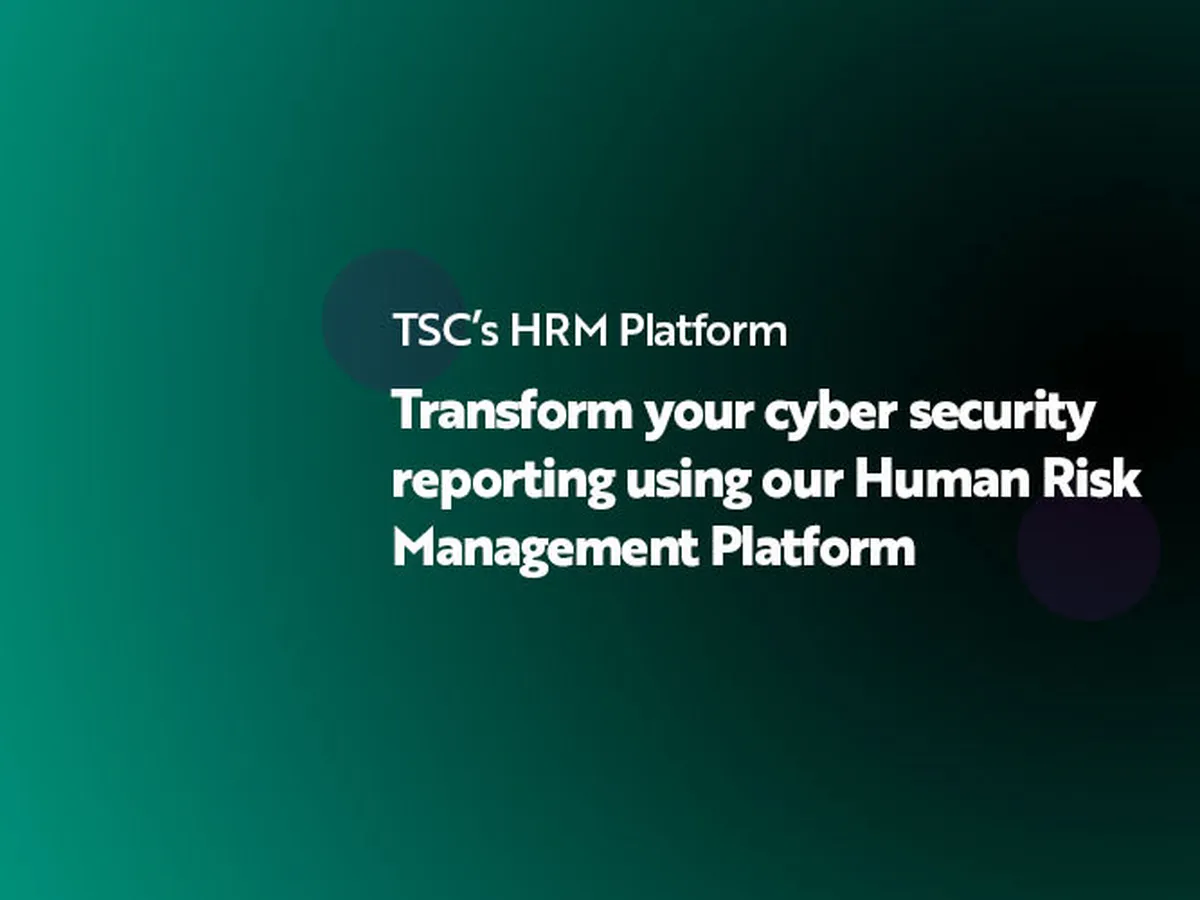
- Employee awareness
- 3 min read

The importance and significance of employee awareness in relation to robust cyber security measures cannot be overstated.
Common cyber threats are constantly on the rise and, rather worryingly, they are becoming more sophisticated and relentless with each passing day. We must also keep in mind that new threats and risks are popping up every single week; for example, in 2023 we have seen the increased use of AI (Artificial Intelligence) and deepfake technology in devastating cyber-attacks.
This escalating threat landscape demands a proactive approach to cyber security, and one of the most critical components of this strategy is employee awareness.
Cyber security is not solely the responsibility of the IT department. It is a collective effort that involves every employee within an organisation. This is where the importance of employee awareness comes into play.
To address these challenges effectively, organisations need to invest in cyber security training and awareness initiatives. eLearning courses and awareness materials play a pivotal role in achieving this goal.
To bridge the awareness gap effectively, consider the following strategies:
In conclusion, employee awareness is a critical pillar of cyber security defence. Investing in eLearning courses and awareness materials tailored to your organisation's needs is not just a cyber security best practice; it is a strategic imperative.
With a workforce that is well-informed and vigilant, organisations can significantly reduce the risk of cyber threats, protect their valuable assets, and build a strong defence against the ever-evolving cyber threat landscape.
If you would like information about how The Security Company can help you to formulate a cyber security training and awareness program for your organisation or if you would like to assess your organisation's security culture across five dimensions with insightful data ... please contact our Head of Business Development and Sales, Jenny Mandley.
The Security Company's vast library of customised and non-customised products and services are tailored for small, medium and large organisations and are available in a variety of languages. We also offer bespoke solutions for organisations that desire training and awareness materials built from the ground up.



© The Security Company (International) Limited 2025
Office One, 1 Coldbath Square, London, EC1R 5HL, UK
Company registration No: 3703393
VAT No: 385 8337 51


